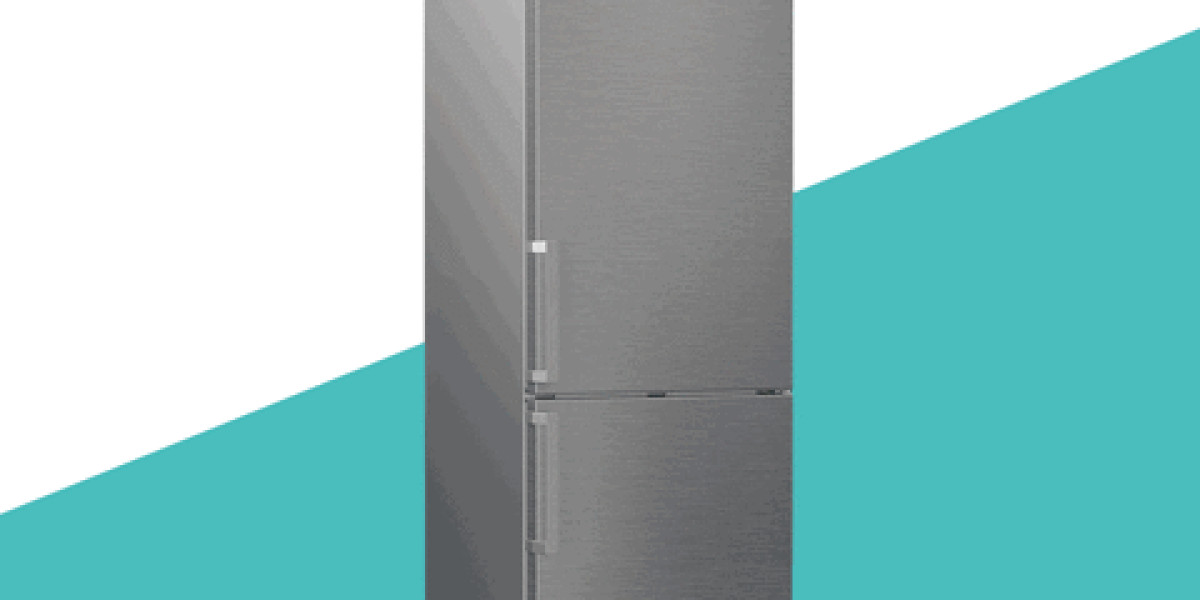The construction industry in Uganda plays a critical role in the country’s economic development, contributing significantly to infrastructure growth and urban expansion. Whether you are building a residential home, a commercial structure, or undertaking civil works, understanding the landscape of construction materials in Uganda is essential for effective project planning and execution.
This article provides a comprehensive overview of construction materials in Uganda—what they are, where to find them, pricing considerations, quality standards, and how to source them efficiently.
Types of Common Construction Materials in Uganda
Construction materials vary depending on the type and scale of the project. In Uganda, the most commonly used materials include:
1. Cement
Cement is a primary binder used in concrete, mortar, and plaster. Brands such as Hima, Tororo, and Simba dominate the market, and they are widely available throughout the country.
2. Sand and Aggregates
Fine aggregates (sand) and coarse aggregates (stone chips) are essential for concrete works. River sand and crushed stones from quarries are commonly used.
3. Steel and Reinforcement Bars
Steel is used for structural strength, especially in reinforced concrete. TMT bars and mild steel are common, and should always meet Uganda National Bureau of Standards (UNBS) specifications.
4. Bricks and Blocks
Depending on the project budget and design, builders may opt for burnt clay bricks, concrete blocks, or interlocking stabilized soil blocks.
5. Roofing Materials
Corrugated iron sheets, tiles, and modern alternatives such as stone-coated steel are widely used. Selection often depends on climate, durability, and aesthetics.
6. Plumbing and Electrical Fittings
These include pipes, taps, wiring, sockets, and fittings, which must comply with safety standards to ensure long-term functionality and safety.
7. Finishing Materials
Paints, tiles, floor finishes, and ceiling boards fall under this category. Brands such as Sadolin and Crown Paints are among the most popular in Uganda.
Key Factors to Consider When Buying Construction Materials
When sourcing construction materials, cost is not the only consideration. Other important factors include:
- Quality Assurance
Ensure that materials meet both national standards and project-specific requirements. Substandard materials can lead to structural failures or increased maintenance costs.
- Supplier Credibility
Work with suppliers that have a track record of reliability, timely delivery, and customer support. For example, YourBuildMart is recognized by many contractors and developers for providing quality construction materials in Uganda, supported by transparent pricing and professional service.
- Location and Transport Costs
Transportation significantly impacts the total cost of materials. Choose suppliers who either have distribution points near your site or offer cost-effective delivery options.
- Availability and Stock Levels
Check that the supplier can deliver the required quantity and specifications without delay, especially for large-scale or time-sensitive projects.
How to Source Construction Materials in Uganda
There are several ways to source materials, depending on the project's scale and procurement method:
- Local Hardware Stores – Suitable for small-scale purchases, though stock variety and price transparency can be limited.
- Manufacturer Direct Purchase – Best for bulk orders of items like cement or steel, though usually reserved for large-scale projects.
- Online Platforms – Efficient for price comparisons, bulk orders, and access to a wide range of materials.
Among the growing number of online platforms, YourBuildMart has become a trusted source for construction materials across Uganda, offering both online convenience and on-ground support.
Price Trends and Market Dynamics
Prices of construction materials in Uganda are influenced by several factors, including:
- Global commodity prices (especially for cement and steel)
- Fuel and transportation costs
- Exchange rates, particularly for imported materials
- Seasonal demand (e.g., during the rainy season, construction slows down and prices may stabilize)
It is advisable to get up-to-date quotations from multiple suppliers and confirm delivery timelines before making bulk purchases.
Final Thoughts
Understanding the construction materials market in Uganda is essential for making informed decisions, managing costs, and ensuring the durability of your project. Whether you're a homeowner, contractor, or developer, proper planning and supplier selection are key.
If you're seeking reliable sourcing of construction materials in Uganda, consider working with established suppliers such as YourBuildMart, who combine product variety, quality assurance, and logistical support for construction projects across the country.







